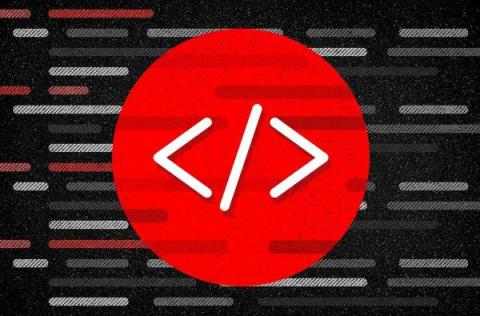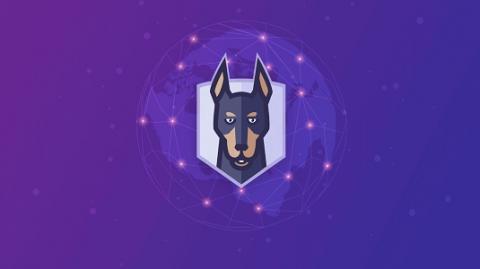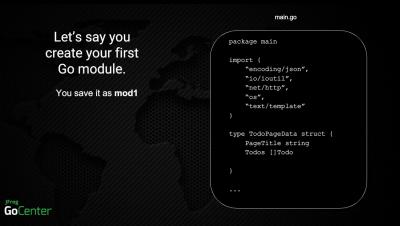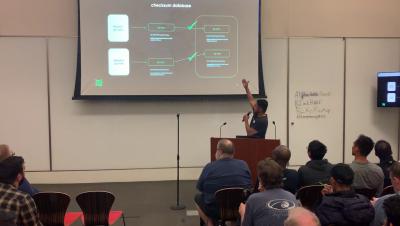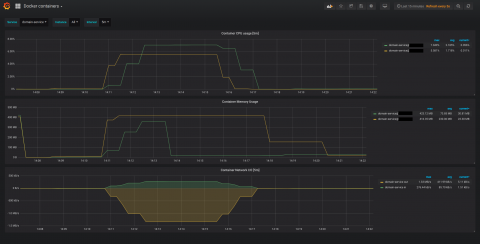TellYouThePass Ransomware Analysis Reveals a Modern Reinterpretation Using Golang
The TellYouThePass ransomware family was recently reported as a post-exploitation malicious payload used in conjunction with a remote code execution vulnerability in Apache Log4j library, dubbed Log4Shell. TellYouThePass was first reported in early 2019 as a financially motivated ransomware designed to encrypt files and demand payment for restoring them. Targeting both Windows and Linux systems, TellYouThePass ransomware re-emerged in mid-December 2021 along with other ransomware like Khonsari.


